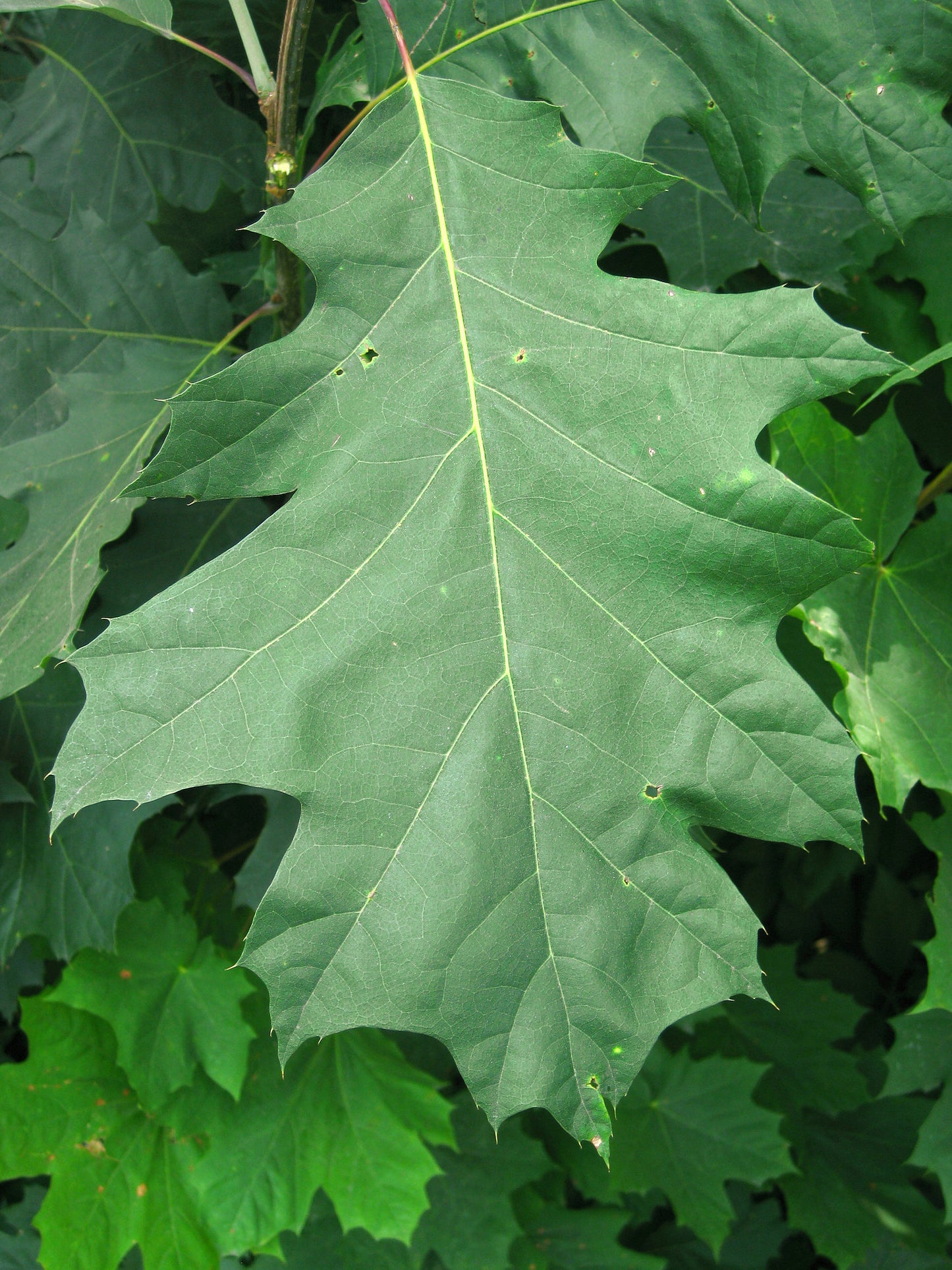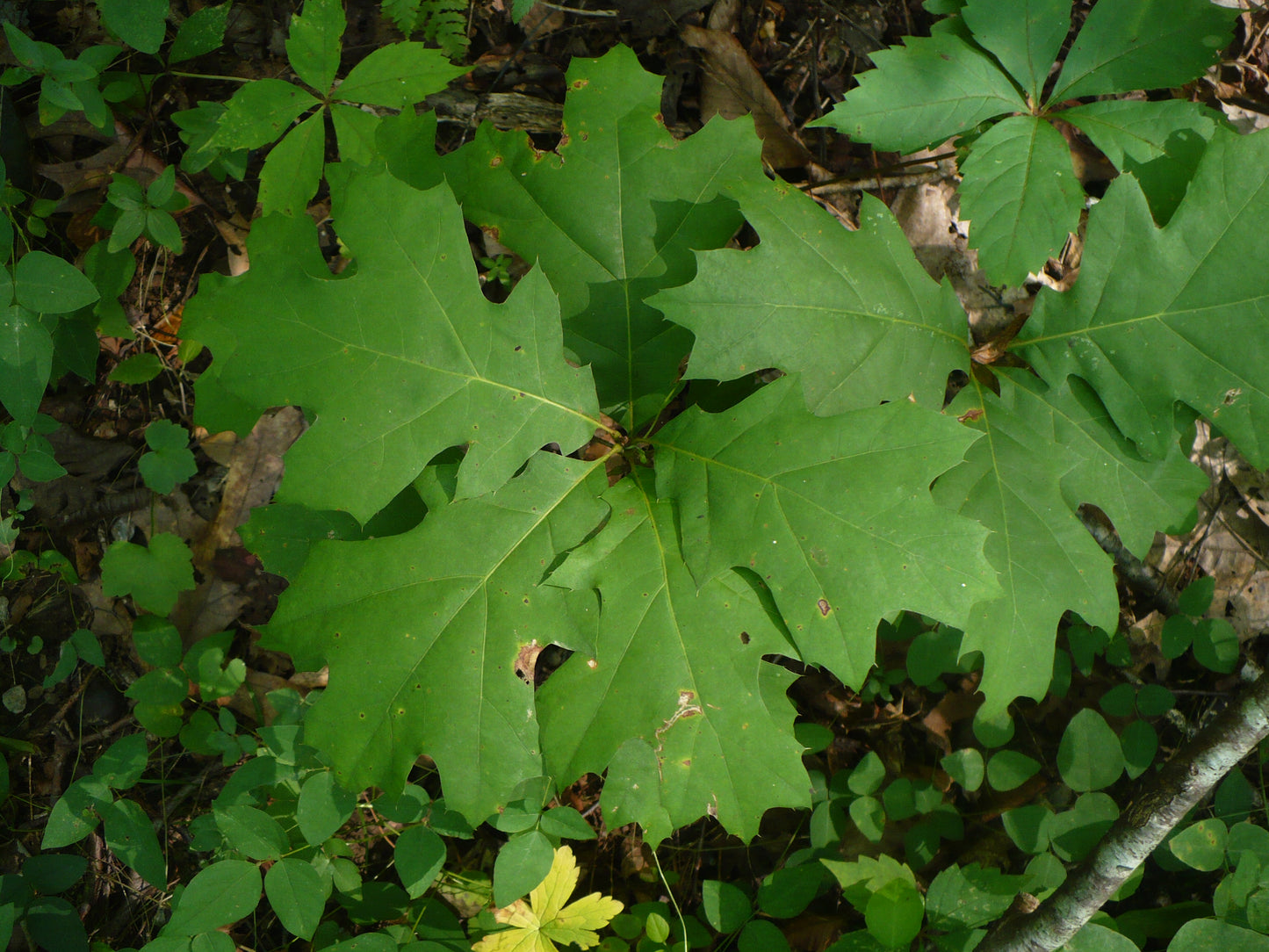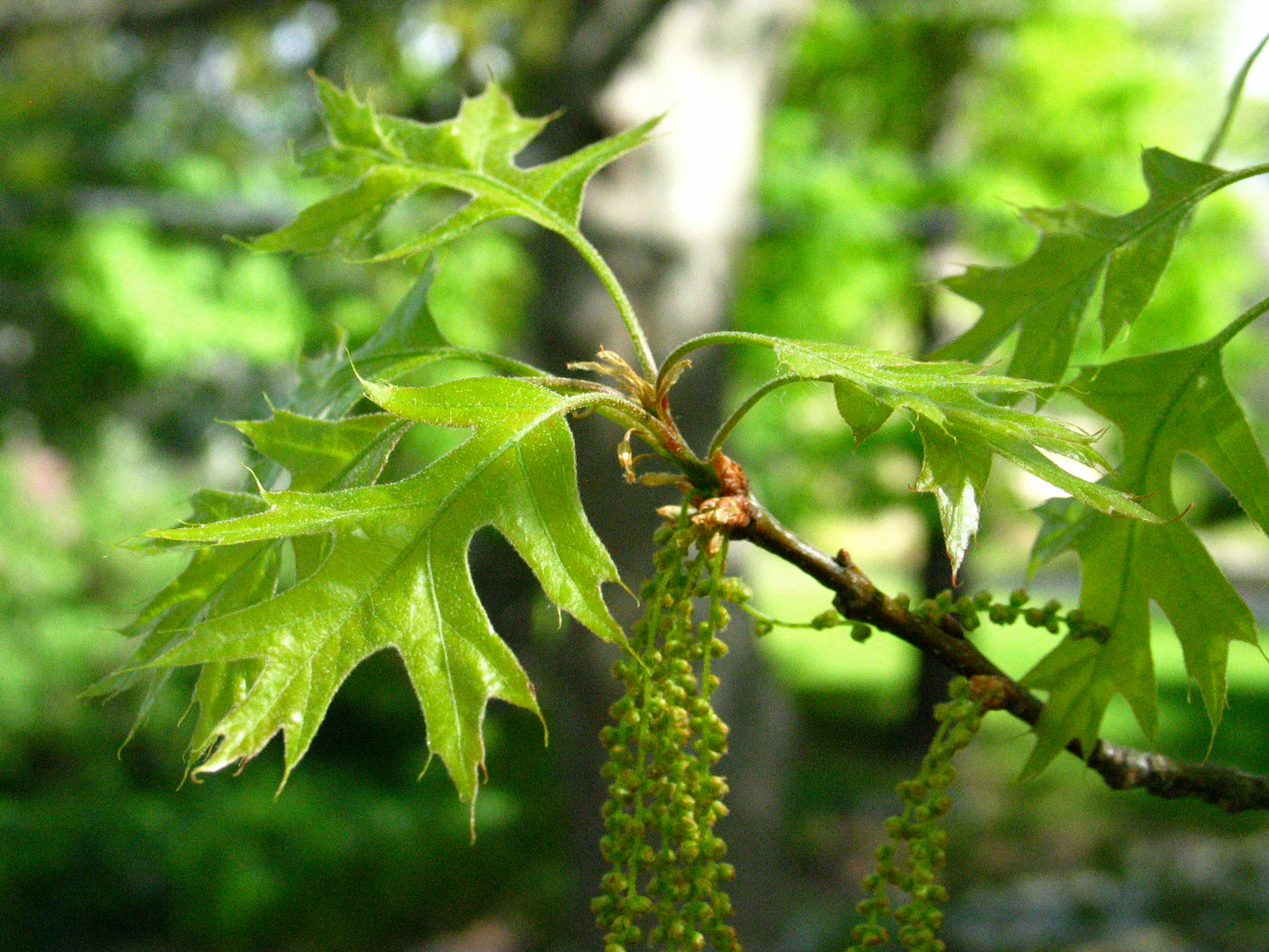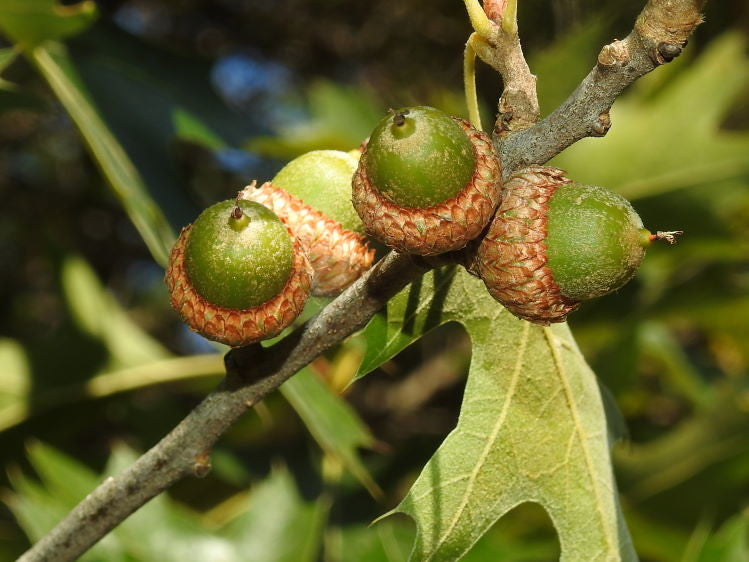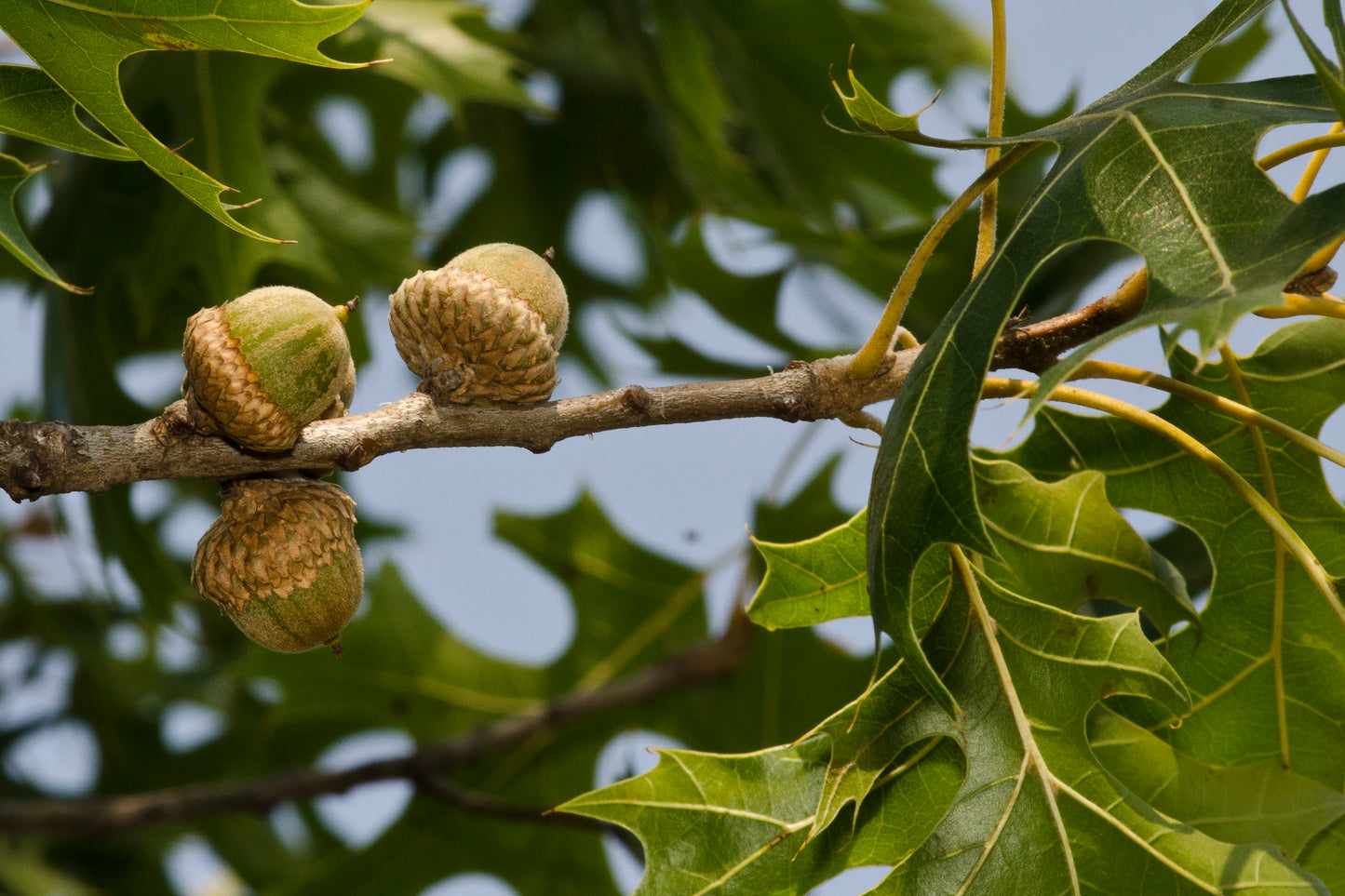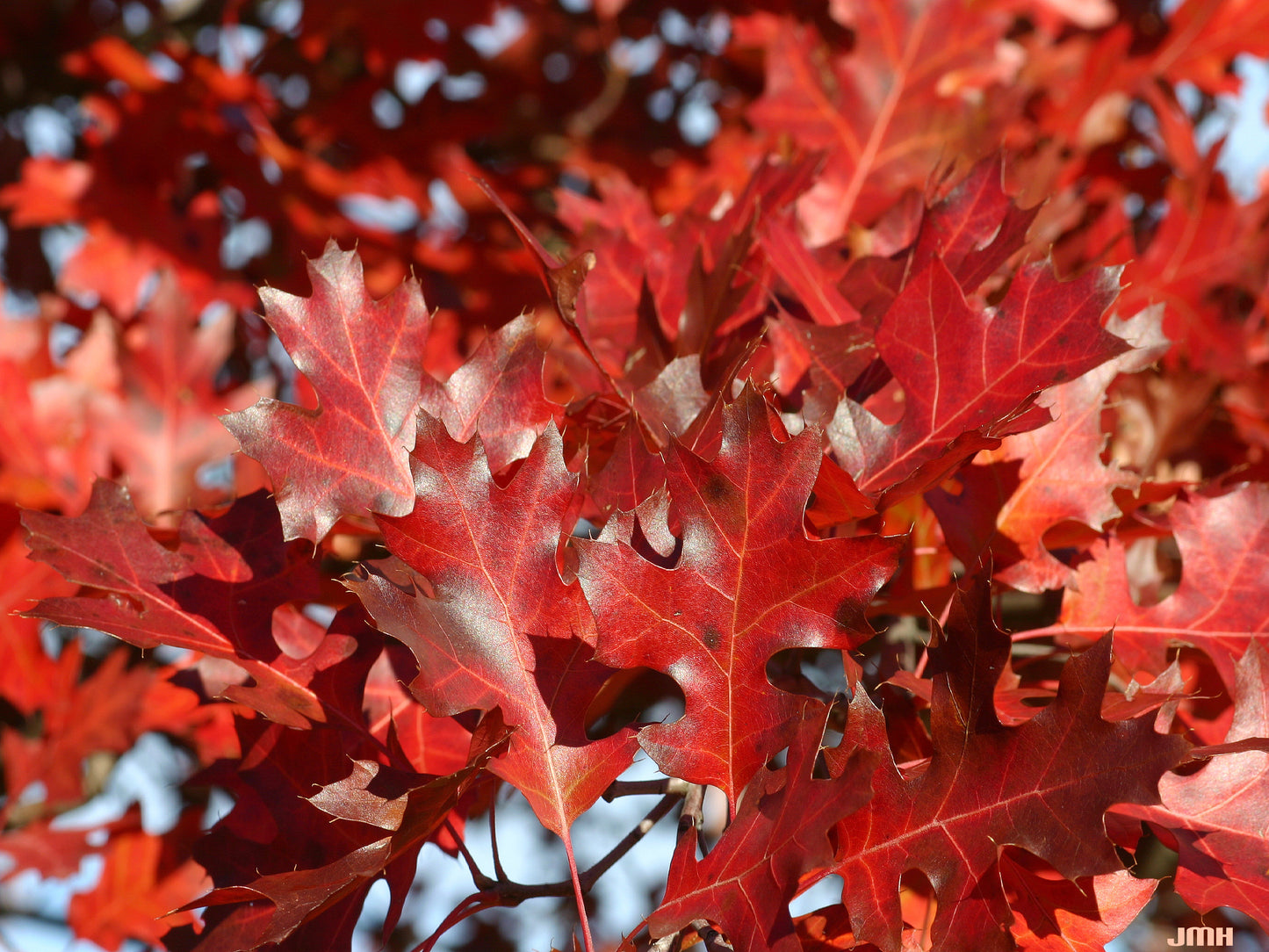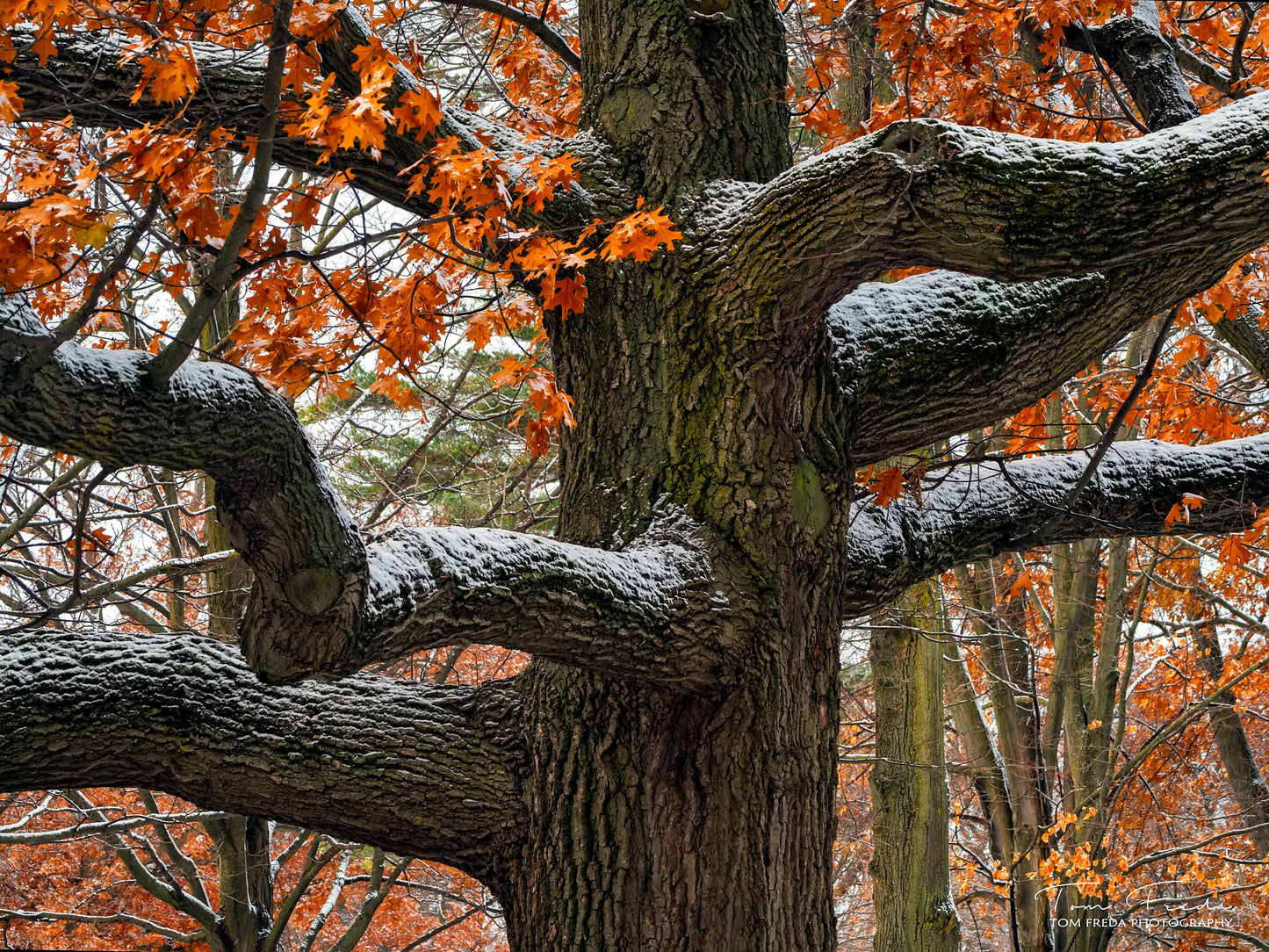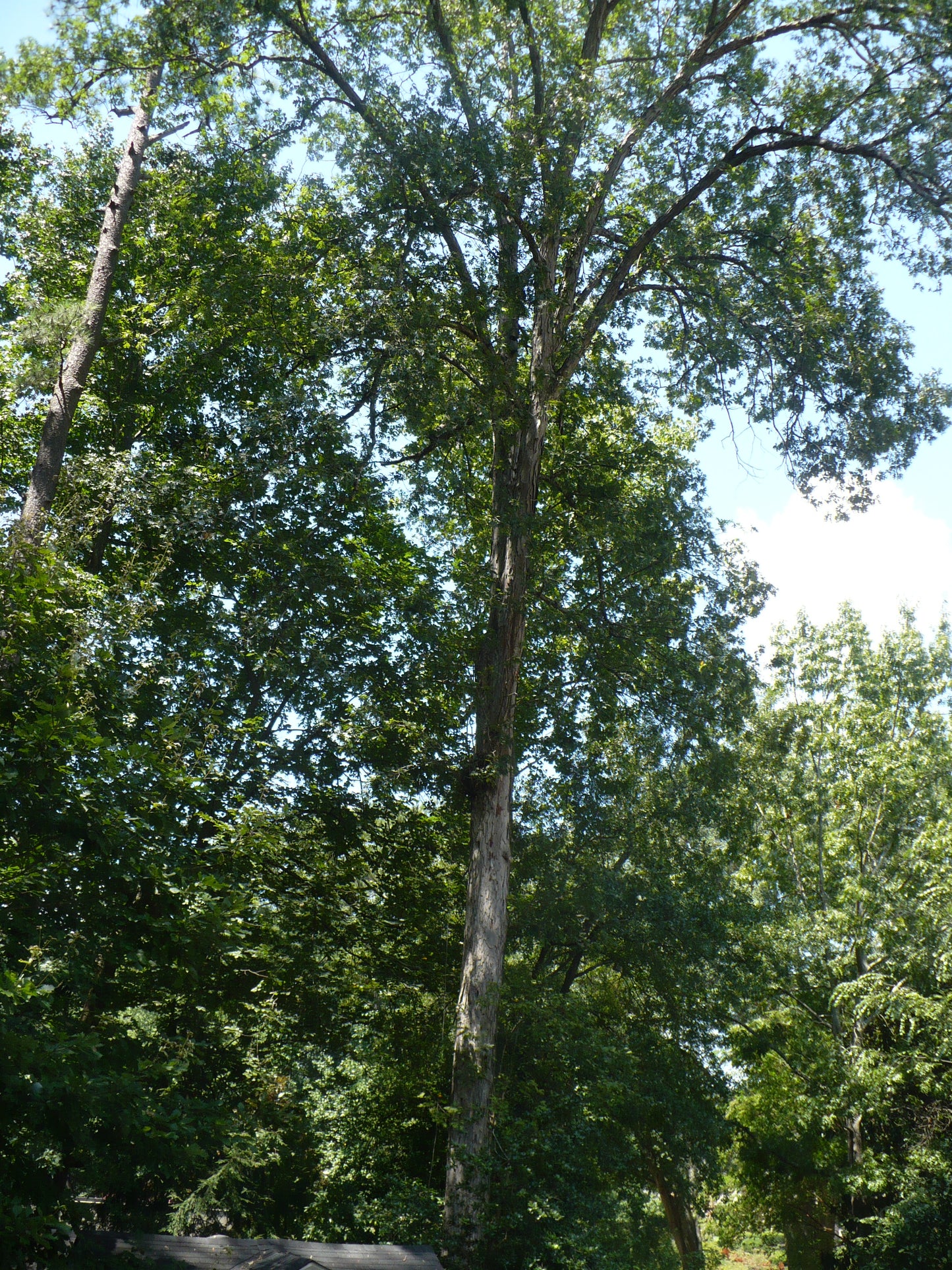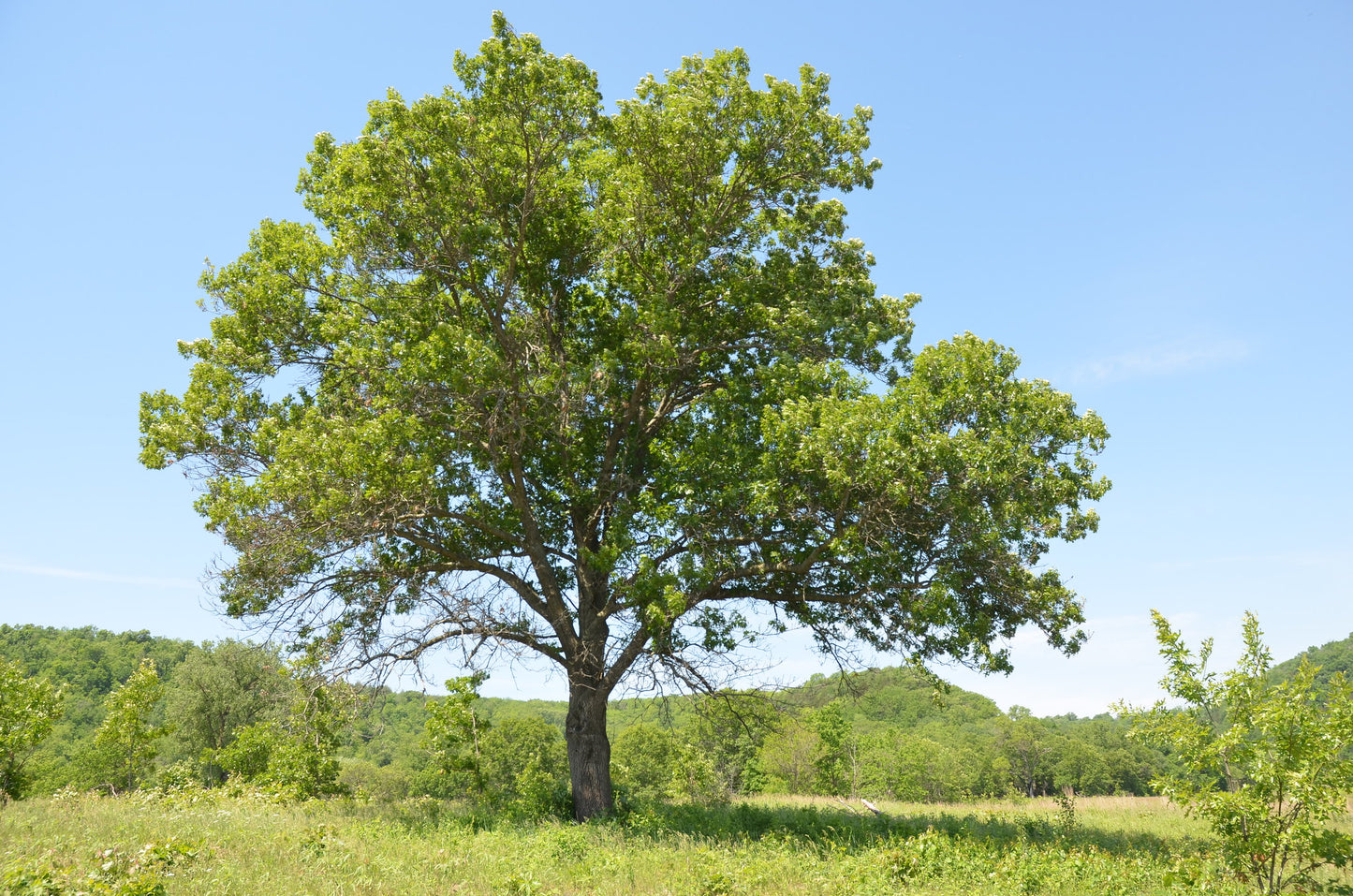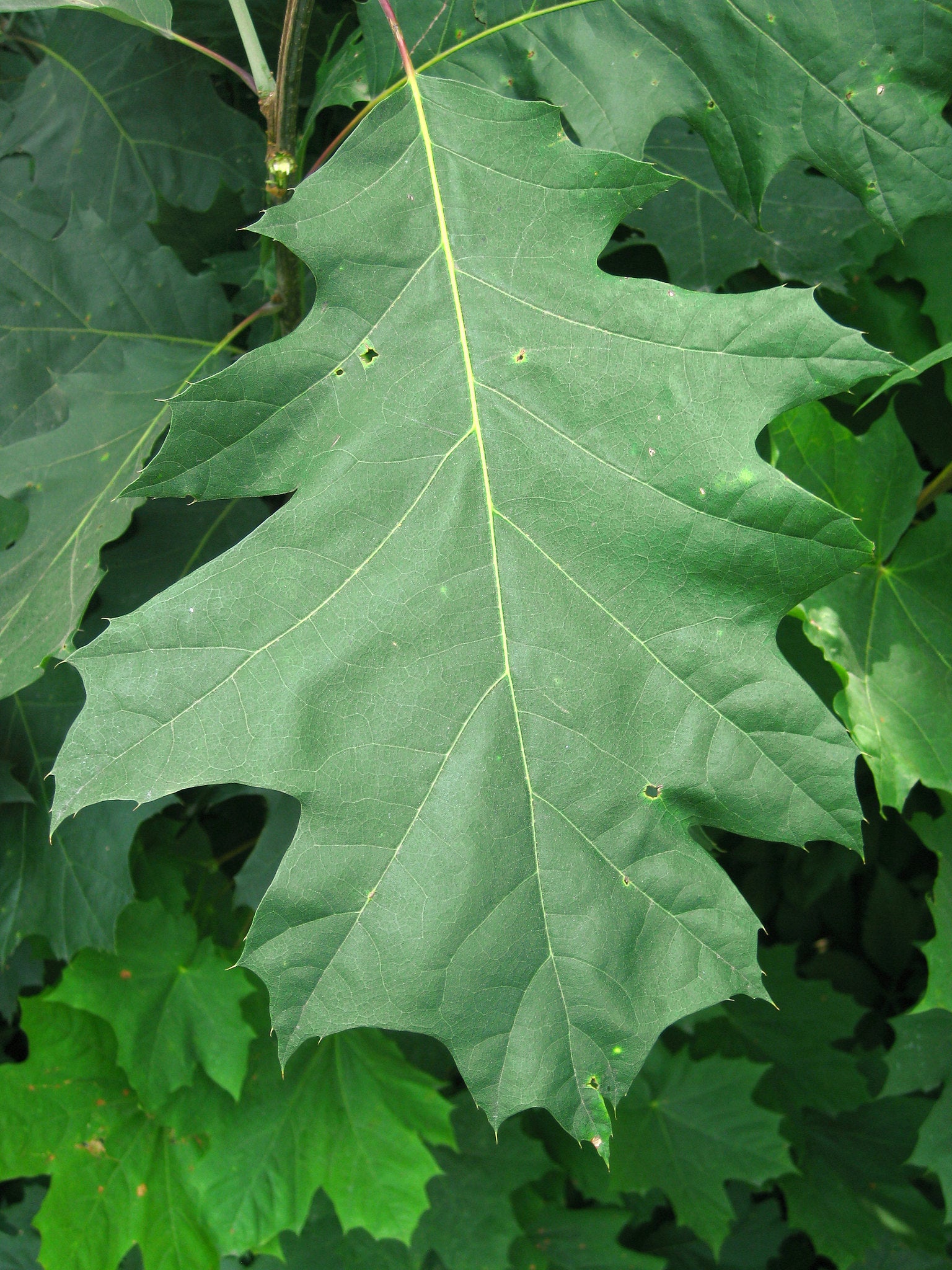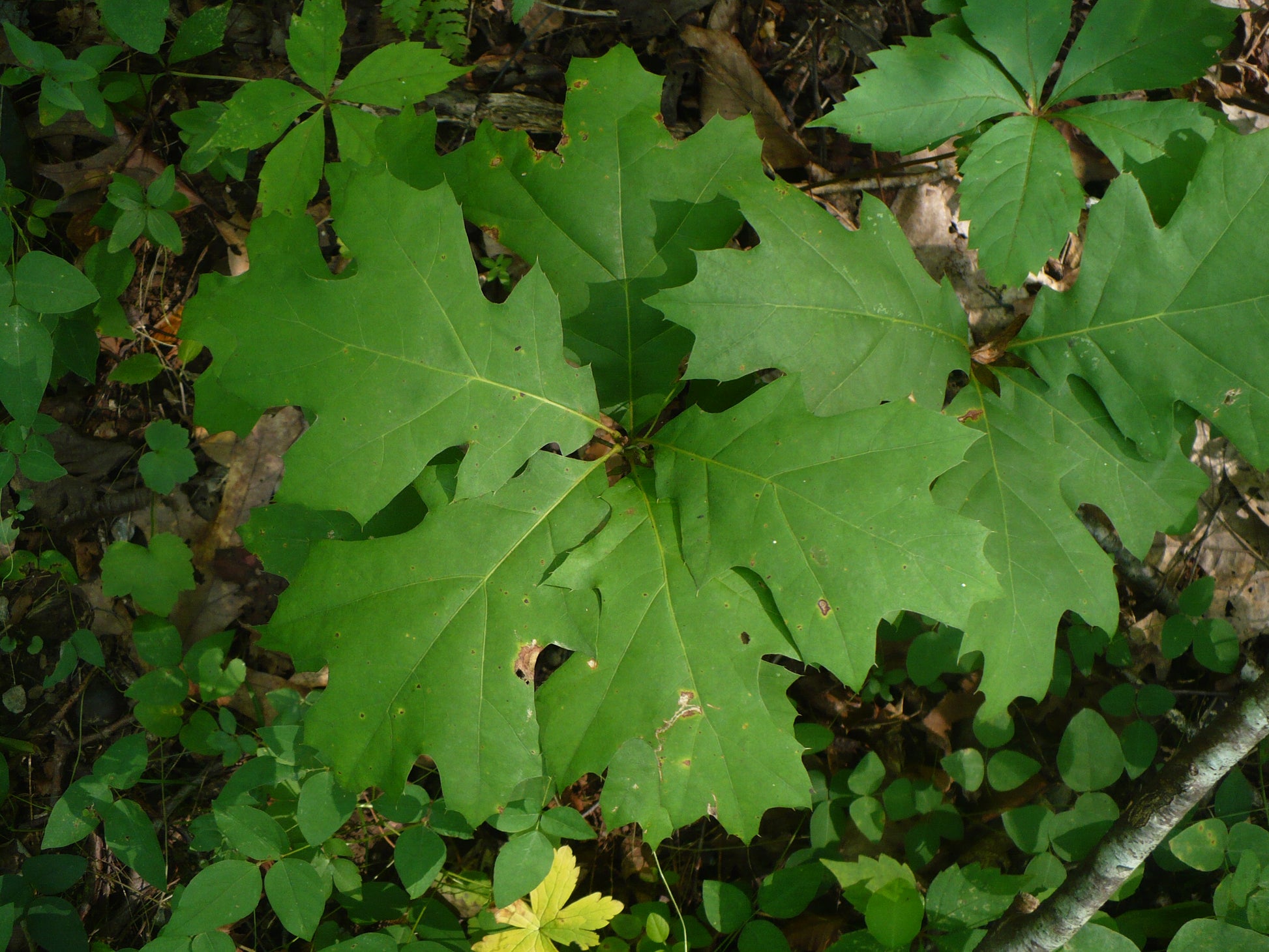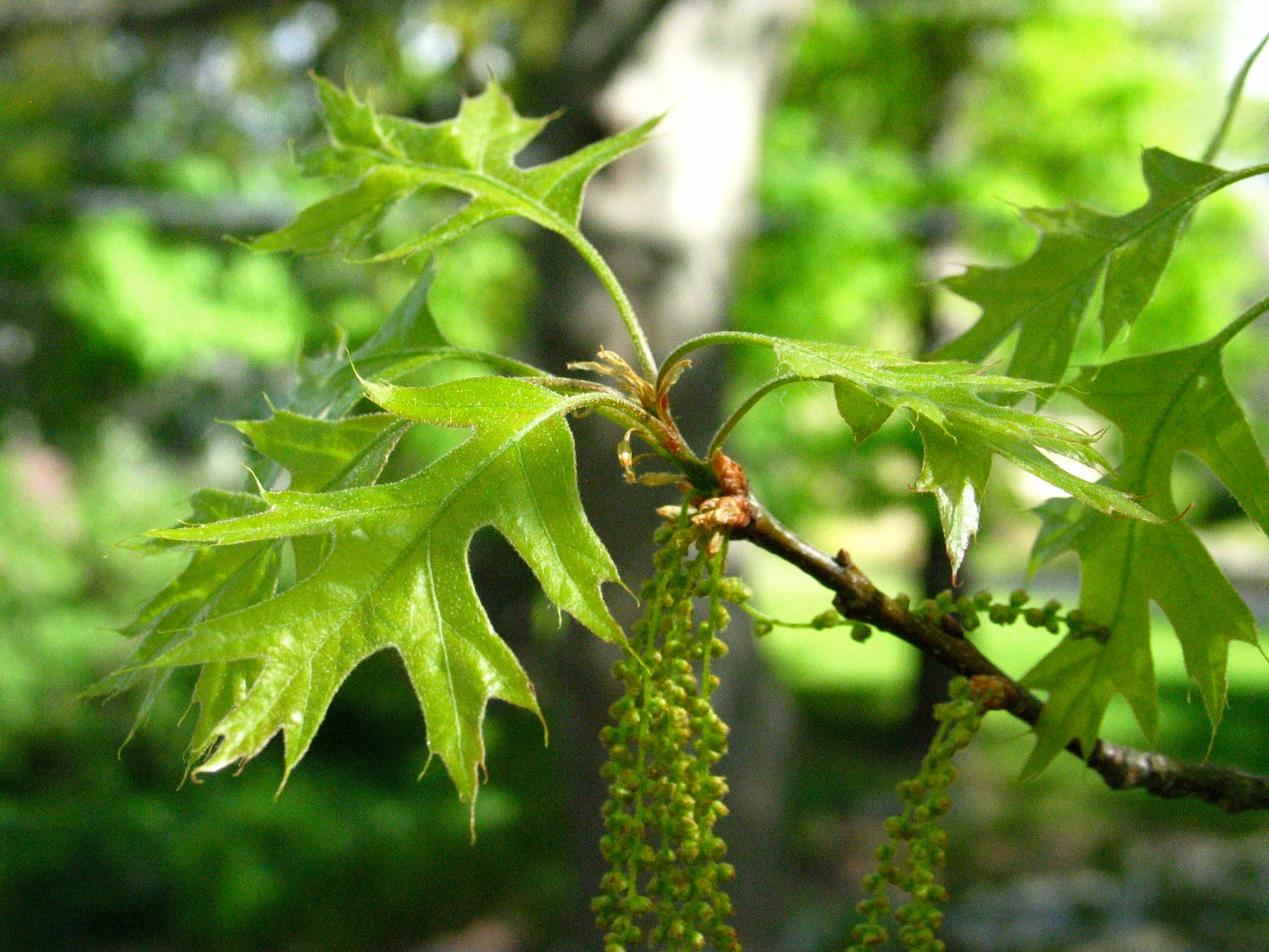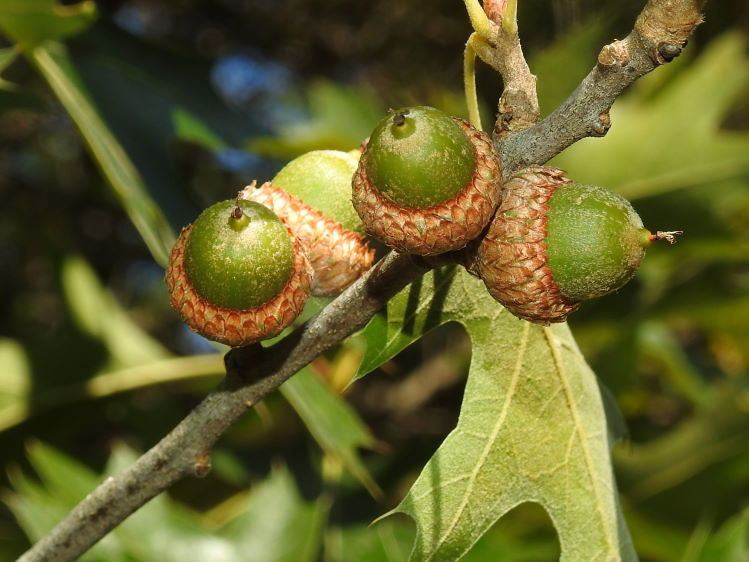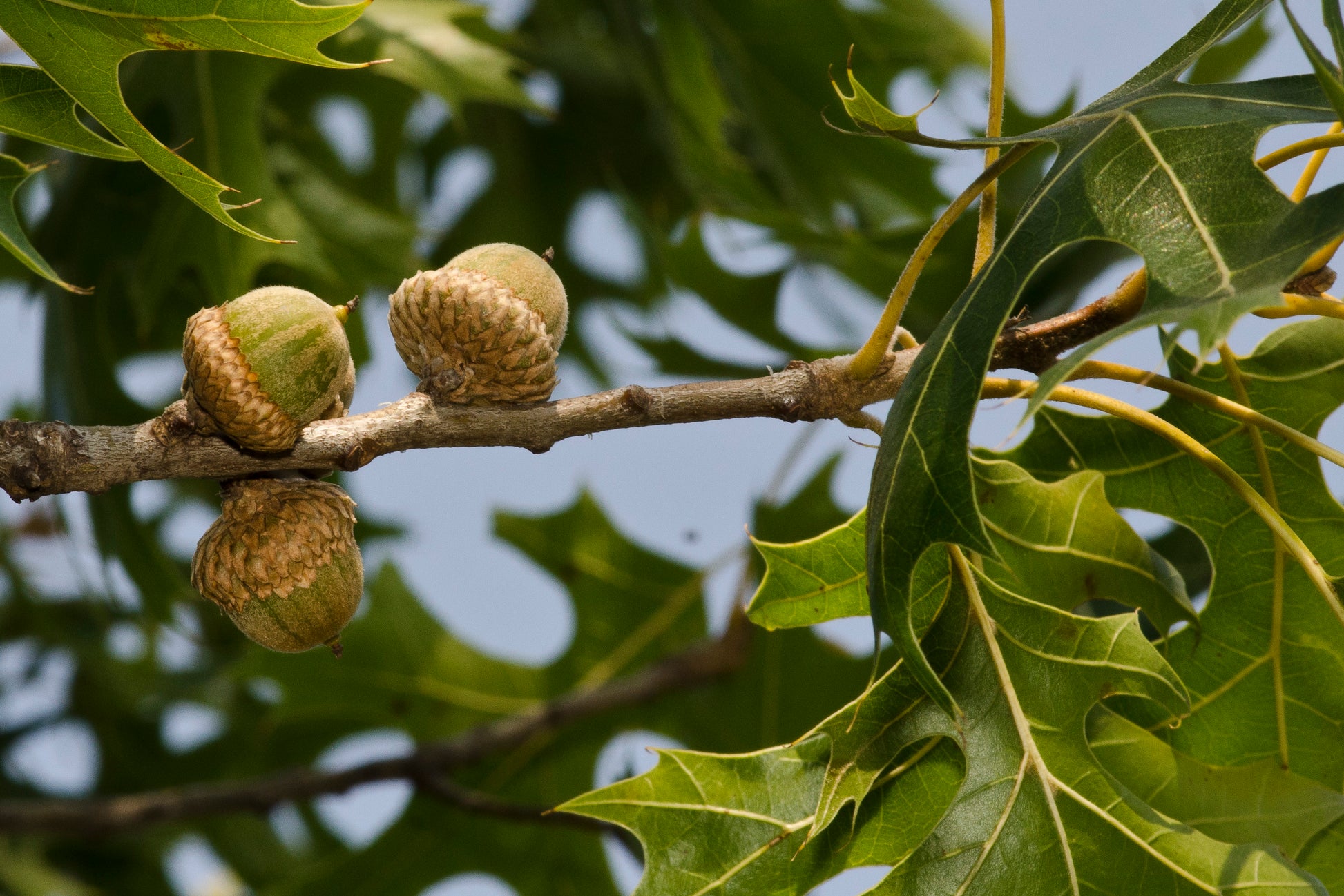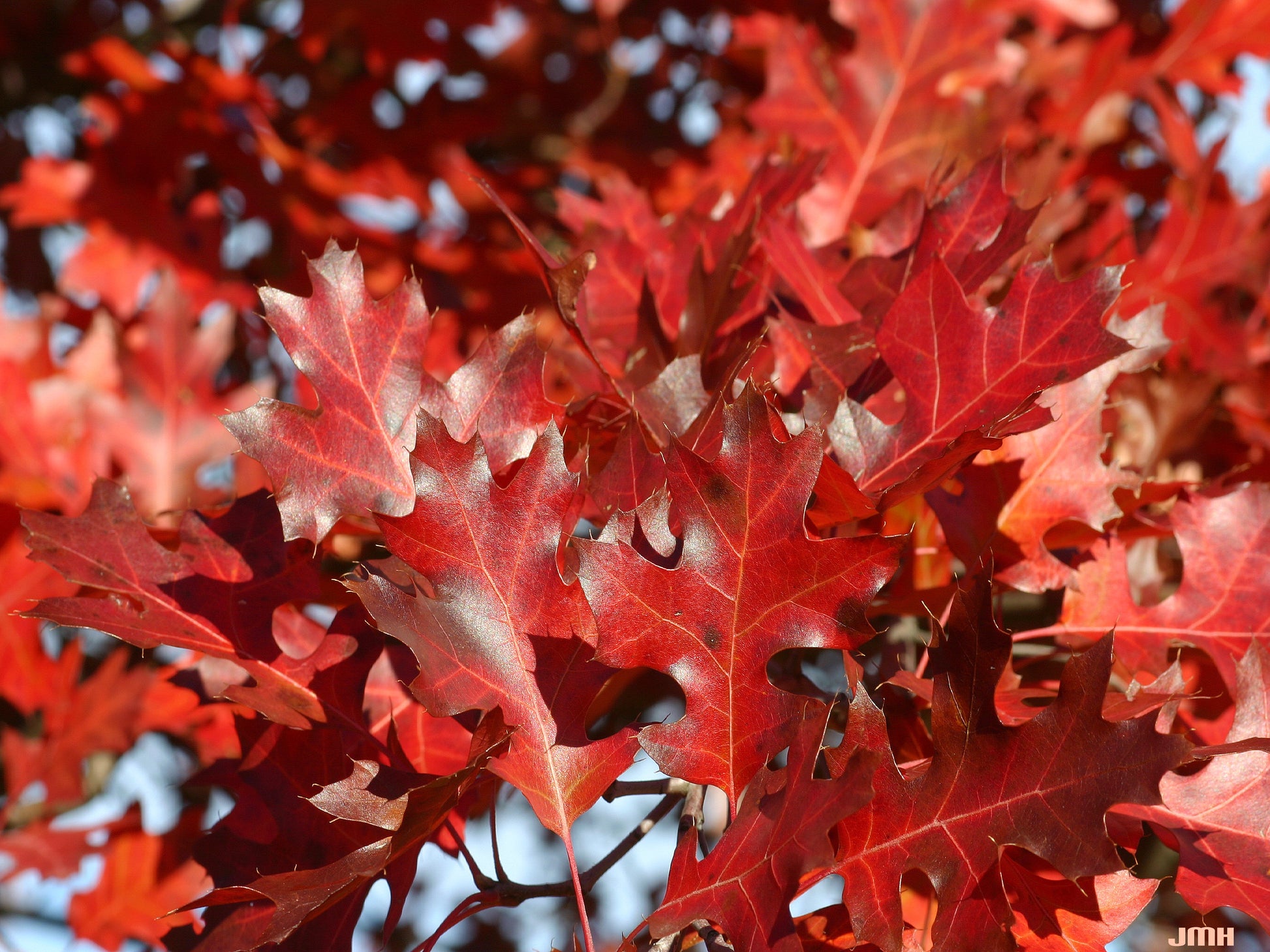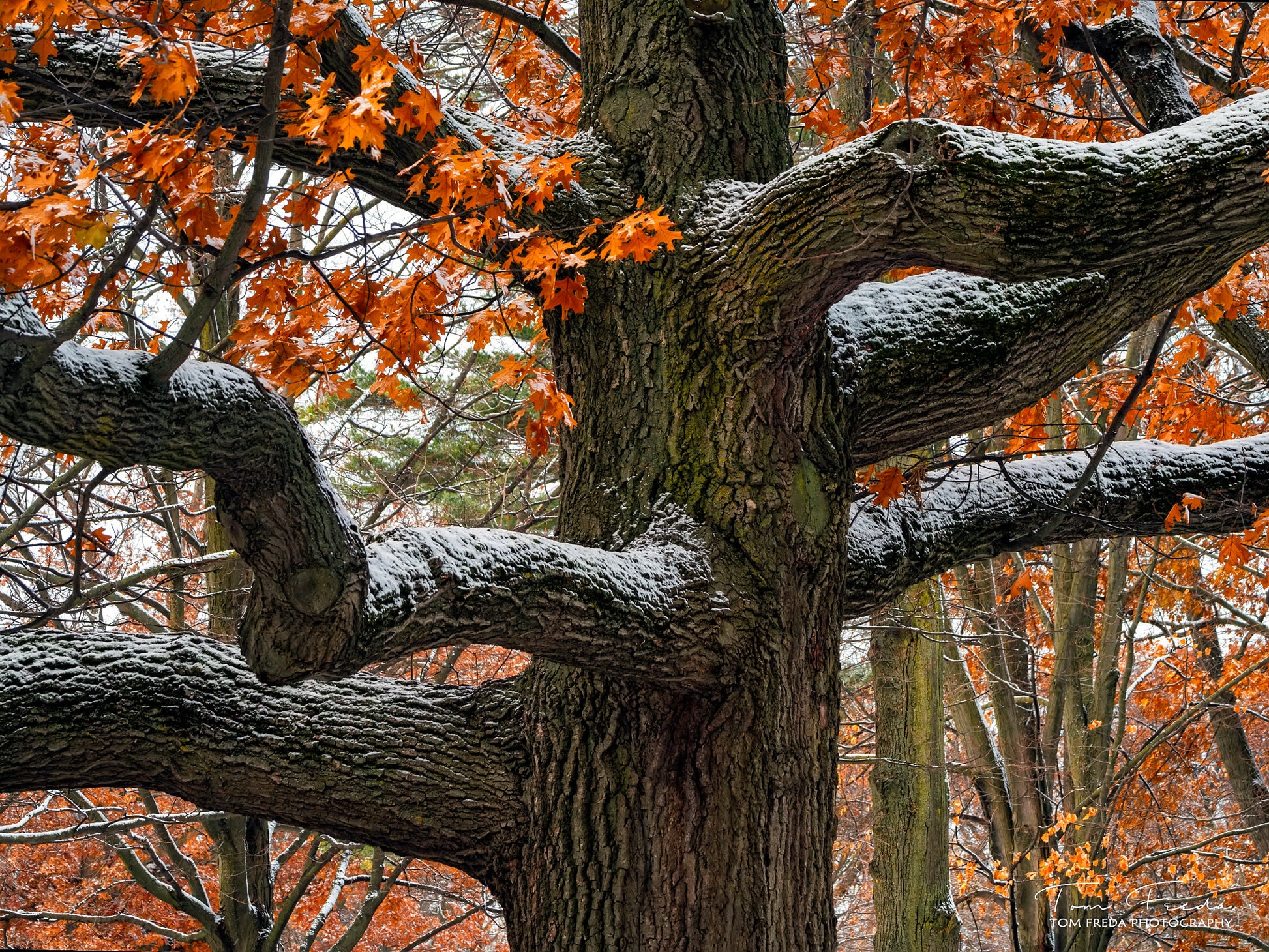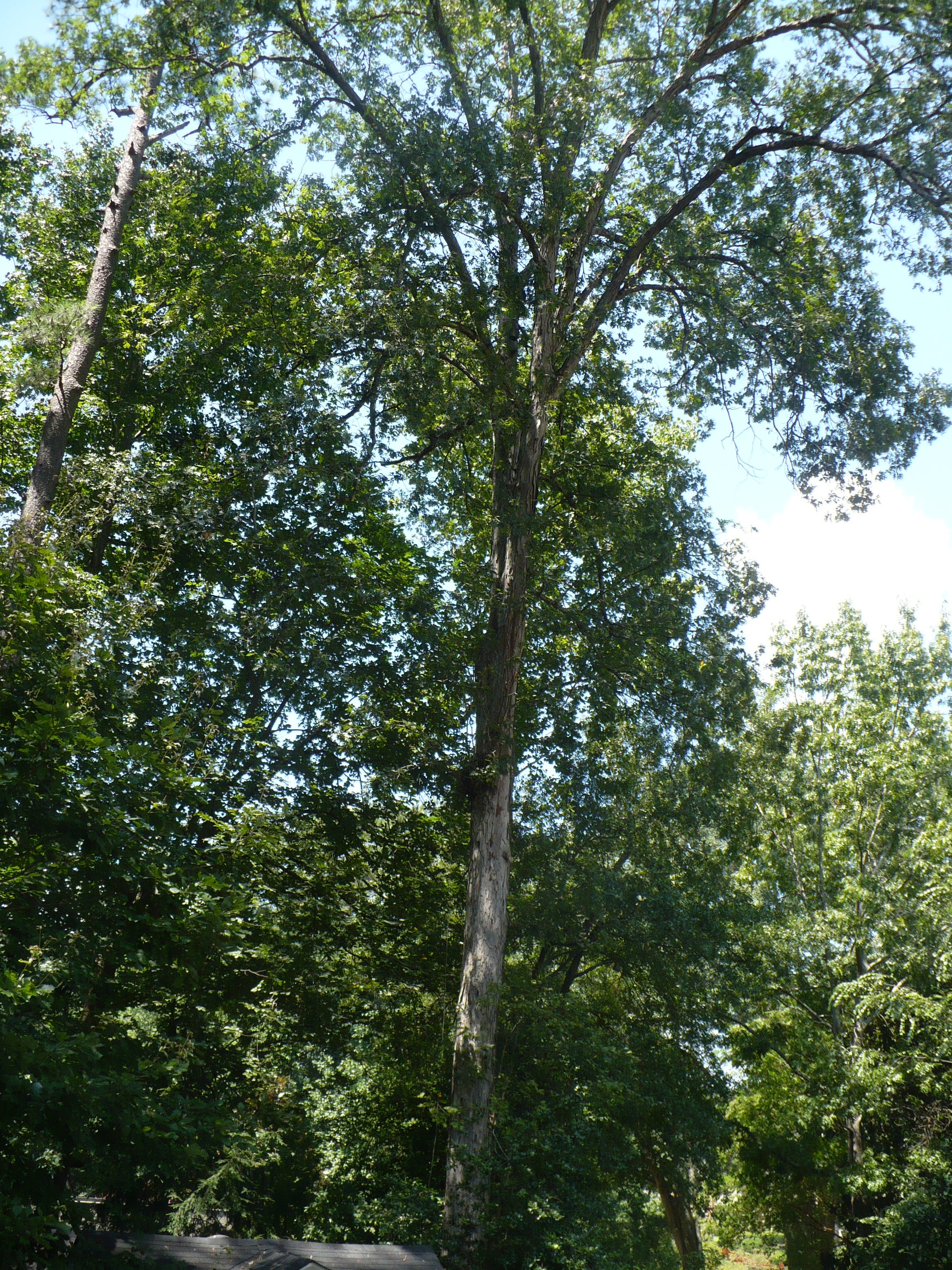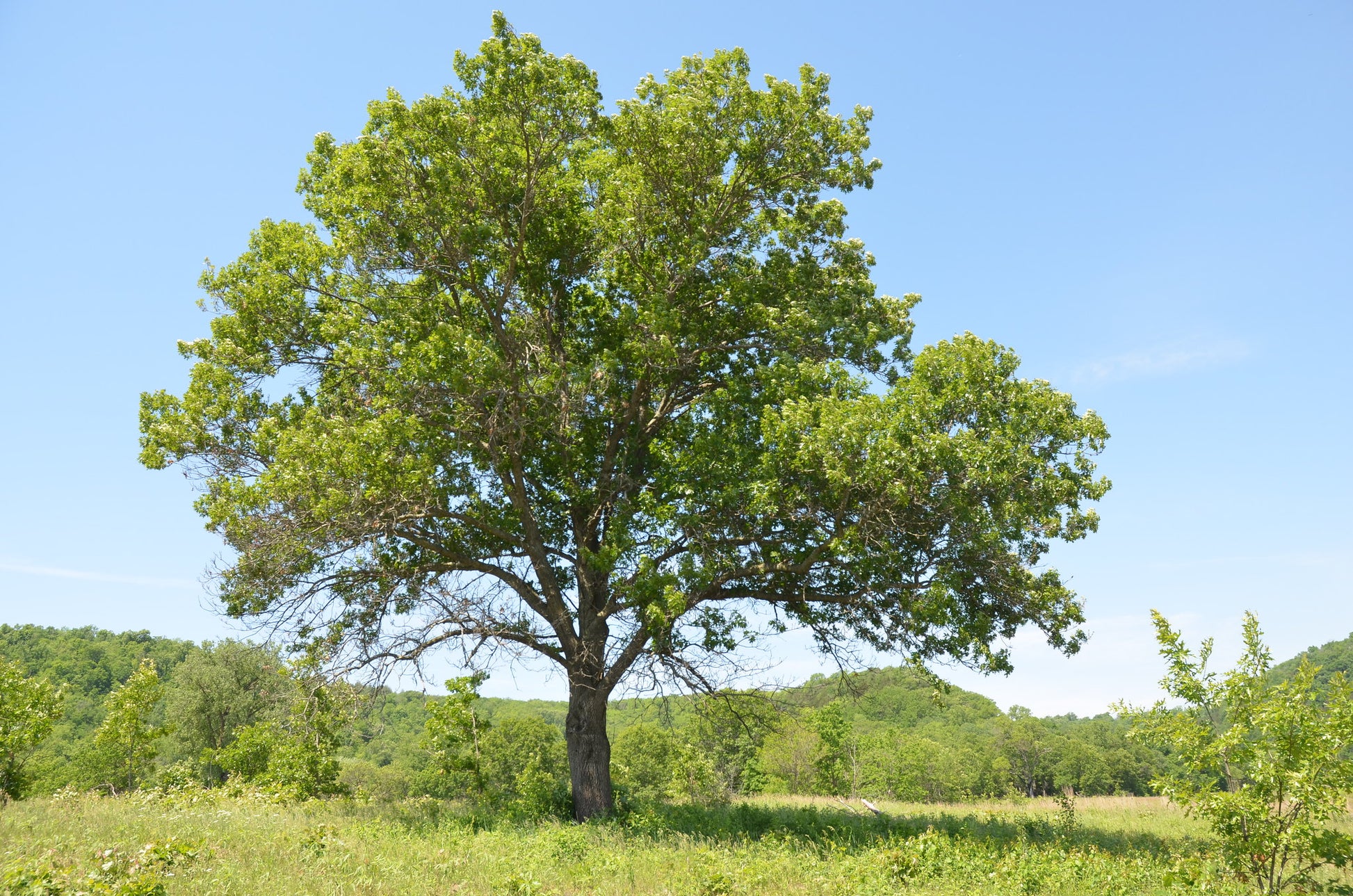Floridaseeds
Black Oak 15 Seeds Quercus velutina
Black Oak 15 Seeds Quercus velutina
Couldn't load pickup availability
Growing Instructions for the Black Oak
The seeds have a period of dormancy. They can be planted outdoors in the fall or winter for spring germination or they can be cold stratified to simulate winter conditions and to break their dormancy at any time of the year. 1. Soak the seeds in water for 24 hours. 2. Put the seeds in a ziplock bag. 3. Put the bag in the refrigerator and leave it there for 2 months. 4. The seeds like moist, well-drained soil. Prepare a mixture of half potting soil and half sand, perlite or vermiculite. Put the soil in a pot. 5. Sow the seeds 1 inch deep in the soil. 6. Water the soil so that it is moist but not wet. 8. When the seedlings are a few inches tall, they can be transplanted.
Materials
Materials
Shipping & Returns
Shipping & Returns
Dimensions
Dimensions
Care Instructions
Care Instructions
Share
